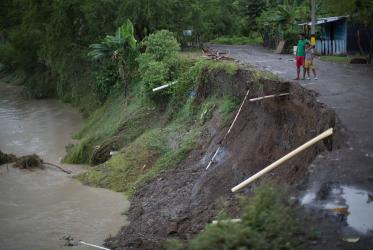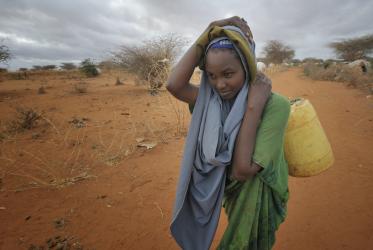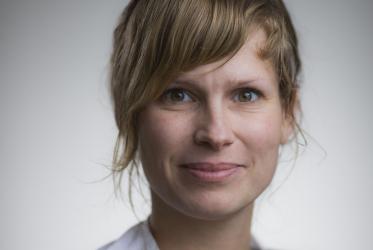Displaying 81 - 100 of 219
2018 Lenten campaign “Seven Weeks for Water” begins in Colombia
15 February 2018
WCC pilgrims visit the wounds of Colombia
13 February 2018
Seven weeks of Lent highlight water justice in Latin America
12 February 2018
Got a good photo? “Oikoumene GO” for it!
23 May 2017
WCC holds second annual photo contest on water
10 April 2017
On World Water Day, we ask: “why waste water?”
22 March 2017
Lent is “time for water justice”
20 March 2017
“What can we contribute as a worldwide fellowship?”
06 March 2017








